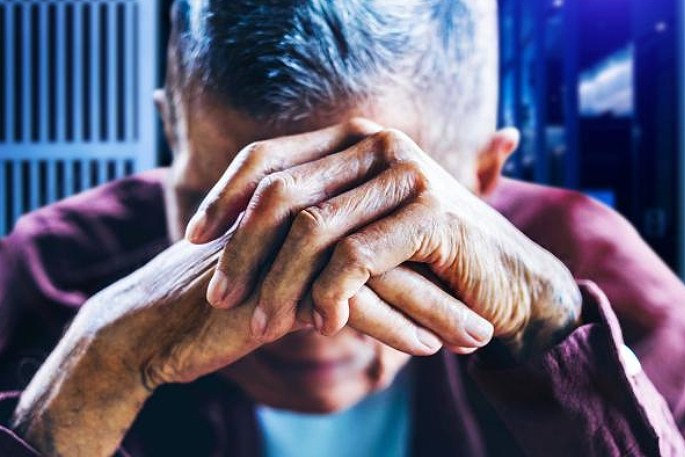To mark Elder Abuse Awareness Day June 15, here is a rundown of useful facts and figures about this growing problem.
Elder abuse is a single or repeated act, or lack of appropriate action, within any relationship with an expectation of trust, which causes harm or distress to an older person/kaumātua.
It is a growing issue in New Zealand, with at least one in 10 people over 65 experiencing some form of abuse; 70-75 percent of alleged abusers are family members.
It can be difficult to identify – people may not understand that what’s happening is wrong, or they may be afraid to speak out.
Age Concern advises that if you spot a sign or have an inkling that something is not right about the way an older person is being treated, ring one of the numbers listed below… you can talk confidentially about your concerns and get advice. Don’t wait to get proof because the longer elder abuse goes on for, the harder it is to resolve.
In the video, four experts in the field discuss the issue of elder abuse.
Behaviours
Elder abuse can include a wide range of behaviours, from psychological abuse to physical harm, financial abuse and neglect. They may include:
- restricting medication or over-medicating
- a relative taking control of finances and spending their money on themselves
- an adult child moving in and not paying their way or neglecting the needs of the older person, for example by not having food in the fridge or denying access to medication/money
- physical restraint
- emotional neglect or self-neglect
- sexual abuse.
The signs
You may see...
- withdrawal from family members or friends
- unexplained transactions, loss of money or unpaid bills
- symptoms of anxiety, depression, or confusion
- injuries such as bruises, cuts or broken bones
- malnourishment or weight loss
- poor hygiene or an unclean house
- a subtle change in behaviour or withdrawal from social activities
- fear of a particular person or people or avoiding contact with them
- reluctance to talk openly, or letting others speak for them.
Elder abuse can take different forms within different cultures. It may include
- bank accounts being drained
- a person being kicked out of home and abandoned on the street, or sent to aged care early, or even early death
- isolation, fearfulness, and resistance to care, such as restricting visits with grandchildren if they don’t give money
- financial, verbal, physical abuse with resulting regret, grief and hopelessness
- having to keep quiet or face the consequences
How you can help
What you can do to help, and what you should do if you suspect elder abuse might be happening:
- For help recognising and addressing elder abuse, contact Age Concern NZ - 0800 65 2 105; or the Elder Abuse helpline 0800 EA NOT OK (0800 32 668 65) - or text 5032 or email support@elderabuse.nz
- If you think someone is in danger, call 111 and ask for Police
- Roopa Aur Charitable Trust: specialist cultural services for South Asian women - 09 620 4606
- Shakti: specialist cultural services for African, Asian and Middle Eastern women and children - 0800 742 584
- Join a Neighbourhood Support Group and get to know your neighbours. Identify any older people in your community who may be at risk/in need of support. A well-connected community helps to improve safety, resilience, and wellbeing for all. https://www.neighbourhoodsupport.co.nz/
Tips
Age Concern’s 10 tips to be kind and stop elder abuse:
- Love and cherish your older relatives/whānau.
- Phone, Zoom or Facetime older people/kaumātua.
- Visit older people/kaumātua in your neighbourhood.
- Involve older people/kaumātua in your social activities.
- Encourage older people/kaumātua to make their own decisions.
- Support older people/kaumātua to use their money for their needs.
- Honour the wisdom of older people/kaumātua
- Enable older people/kaumātua to set their own pace.
- Speak respectfully and listen to older people’s/kaumātua’s stories.
- Seek advice from an Elder Abuse Response Service or Age Concern if you think abuse or neglect is taking place.



0 comments
Leave a Comment
You must be logged in to make a comment.